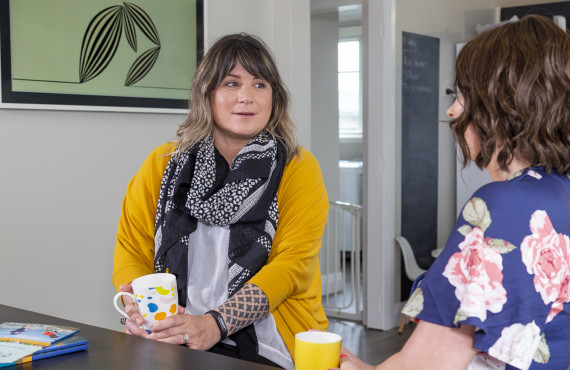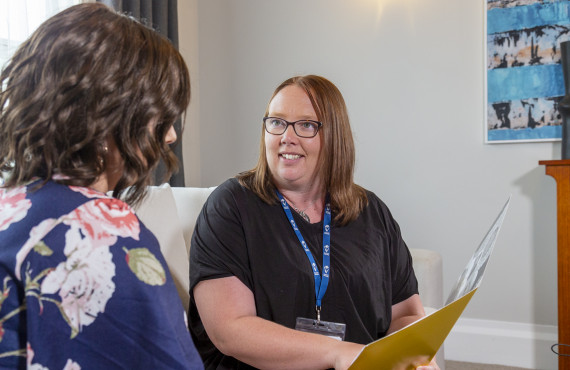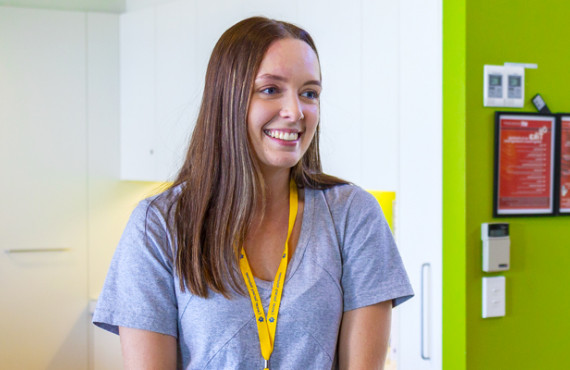If you have any gynaecological cancers symptoms, they need to be checked by your doctor.
What are gynaecological cancers?
Gynaecological cancers are cancers that start in parts of the female reproductive system, including:
- cervical cancer
- ovarian cancer
- uterus cancer
- vulval cancer
- vaginal cancers
Like the rest of your body, the female reproductive organs are made of tiny 'building blocks' called cells.
Gynaecological cancers begin when these cells grow abnormally.
Cancer is a disease of the body's cells. It starts in our genes. Our bodies are constantly making new cells, a process controlled by certain genes. Cancers are caused by damage to these genes. As the damaged cells replicate a lump or tumour is formed.
Tumours can be:
- Benign - not cancerous. These do not spread to other parts of the body.
- Malignant - cancerous
Symptoms of gynaecological cancers
The symptoms will depend on where the cancer is, but signs and symptoms may include:
- unusual vaginal bleeding or discharge, especially after menopause
- pain in your tummy (abdomen)
- pain during sex
- itchy skin around the opening to the vagina
- difficulty peeing (passing urine)
- changes in toilet habits
Having these symptoms does not mean you have cancer, but it is important to get any changes checked by your doctor.
Tips for talking to your doctor
- make a list of what you are feeling and how often it happens, including as much detail as possible
- think about your family/whānau history of cancer and tell your doctor
- go back to your doctor if you don't feel better, even if tests show you don't have a problem - you can ask for a second opinion if you want one
- take a family/whānau member or friend with you to the appointment for support

Ovarian cancer beings in the ovary, part of the female reproductive system that makes the eggs (ova)…

Cervical cancer begins in the cervix, which is part of the female reproductive system.

Uterus cancer begins in the uterus, part of the female reproductive system.

We are here to help and support you and your whānau through cancer diagnosis, treatment and recovery…
We know that going through cancer is tough and can raise many questions. You are not alone.
We have health professionals to answer your questions and provide the support you need.
Get in touch
